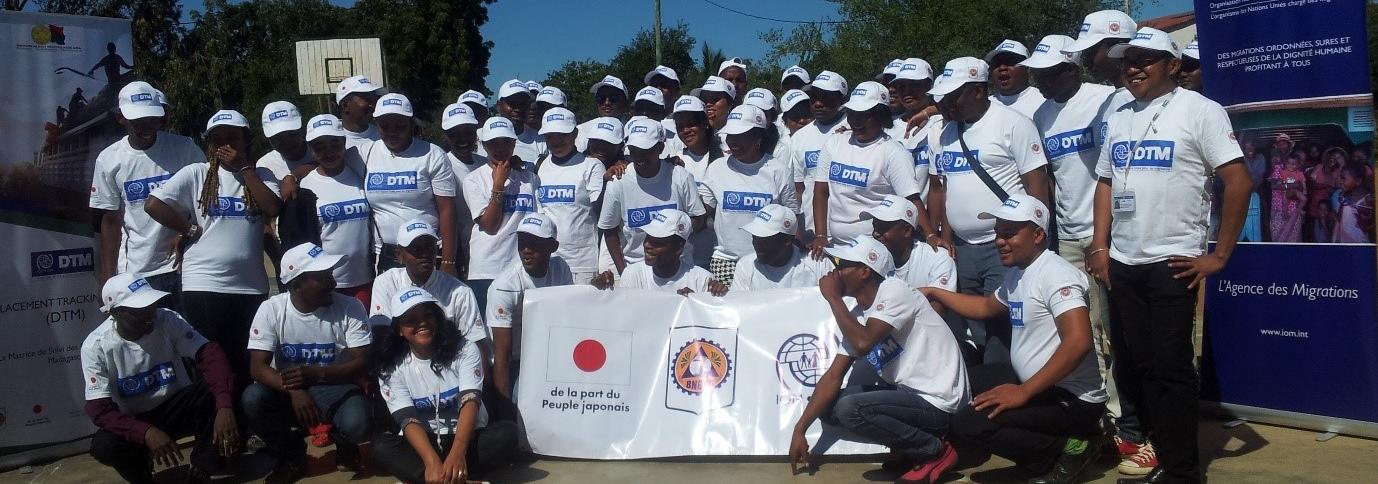IOM Vision
IOM Madagascar, in partnership with key national and international stakeholders, seeks to strengthen national government counterparts, in particular, the Bureau National de Gestion des Risques et des Catastrophes (BNGRC), as well as local governance structures (regions) and institutions. IOM also seeks to enable communities to prevent and respond to forced displacement related to rapid or slow-onset natural disasters such as droughts and cyclones, and to mitigate the impacts and effects of forced displacement on communities and sustainable development of the country.
Objective
Driving solutions to displacement
Direct beneficiaries include 500 households (2,500 individuals for an average of 5 persons per household), and indirect beneficiaries include the populations and authorities in 60 communities most affected by migration in southern Madagascar.
Provide community stabilization and livelihood diversification opportunities for vulnerable households in communities most affected by migration in southern Madagascar. The nature of assistance will be guided by the imperative to support a household's own recovery, and broader community stabilization efforts, and will be the result of collective decisions of the community through inclusive community-based dialogues. Livelihoods assistance may include the distribution of drought-resilient agricultural inputs and materials, supplying of productive livestock, and the promotion of sustainable income-generating activities.
Objective
Strengthen preparedness and reduce disaster risk
Disaster Risk Management (DRM) actors as well as local humanitarian and development stakeholders in areas of origin and destination of migrants will benefit from information and training. Indirectly, some 200,000 people and local authorities in the main areas of origin and destination of migrants will benefit.
Develop and refine population tracking tools to the local context of displacement in Madagascar, and train DRM actors in areas of origin and destination of migrants, and local humanitarian and development stakeholders in those areas to track and monitor forced displacement.
Madagascar
The map used here is for illustration purposes only. Names and boundaries do not imply official endorsement or acceptance by IOM.
Figures are as of 31 December 2023. For more details of IOM's operational capacity in country, please see the IOM Capacity section.


